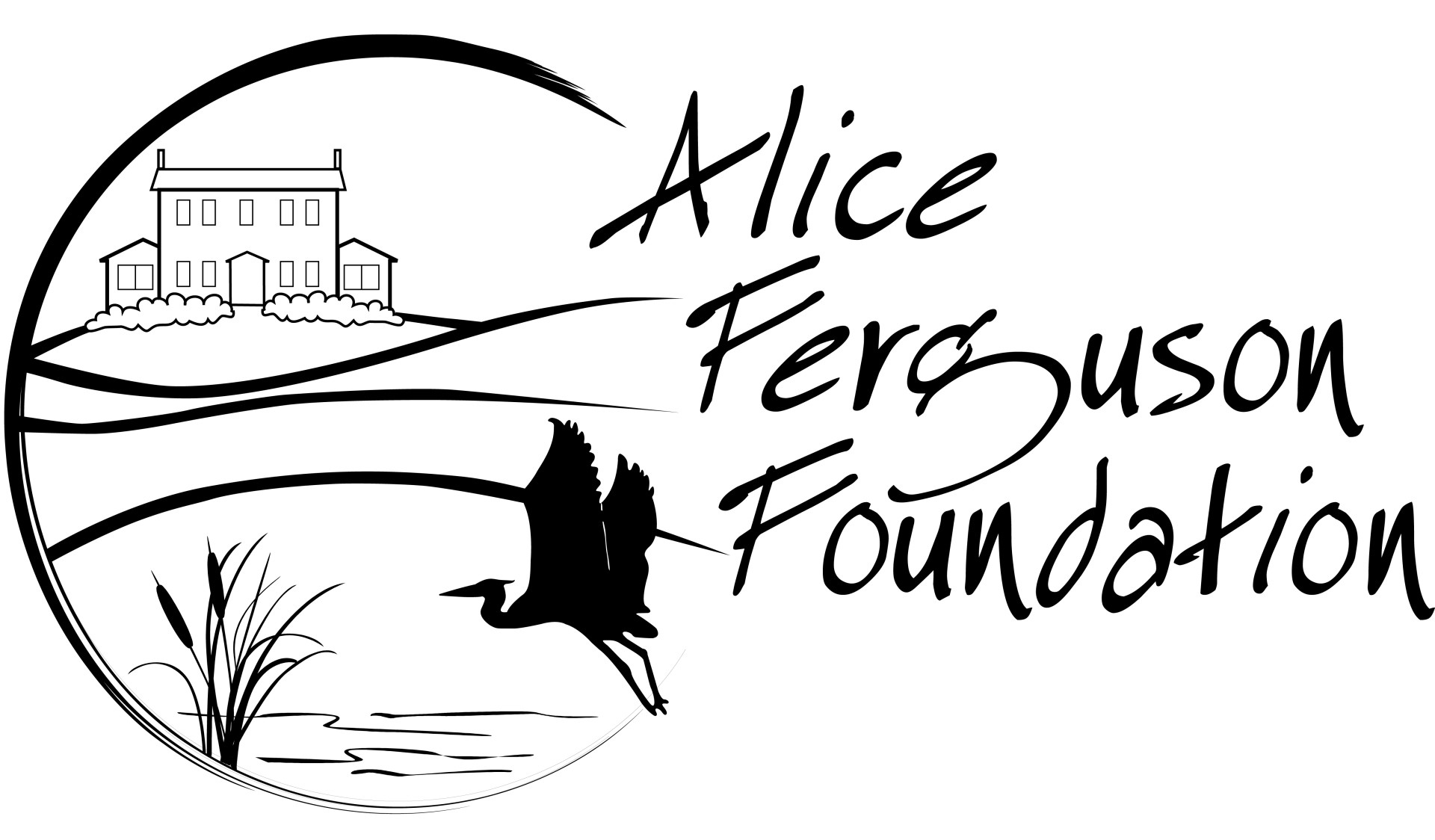Guest post by Miriam Gennari, read more from her blog styrofoammom.com
The 8th Annual Potomac Watershed Trash Summit happened on October 18th, 2013 at the University of District of Columbia. The event commenced with the attendees taking field trips to different area locations for some exciting hands-on experiences.
The concept of trash free adventures sounded interesting. Like many of the attendees, I found myself torn between four equally enthralling topics including composting, community outreach as well as a trip along the Potomac to do some trash trapping.
I chose to arrive early to the newly remodeled UDC campus just off of the Van Ness Metro Stop on Connecticut Avenue NW to take a tour of the campus.
The University is one of the few land grant universities to be located in an urban area. So from the perspective of the densely populated concrete jungle that is Washington, DC, the University’s staff at the College of Agriculture, Urban Sustainability and Environmental Science(CAUSE) explores issues like climate change and pollution from a unique position.
Their perspective is not only on the global challenges to the entire Earth, but also includes issues “down the pike” that, as the population of metro Washington, DC continues growing, will have impacts at the University itself and its close neighbors.
The University offer to host this year’s Trash Summit served as an example of the sense of community that inspires the organizers of the event, the Alice Ferguson Foundation.
I found work accomplished by Dr. Tolessa Deksisska at the UDC’s Water Resources Management Laboratory to be fascinating. At the lab, water is tested for many contaminants. This is the Doctor’s specialty. For those who are unaware, the Washington Aqueduct is where Washington, DC’s water and Arlington County’s water originates. Attendees had lots of questions and, rather than cause a stir, let me just say that Dr. Deksisska informed us that citizens should judge the safety of our water by our own tolerance and sensitivity. OUCH!
The Plenary session began with a panel discussion. Government staff discussed the various successes experienced as well as the challenges still faced. While I cannot summarize the entire discussion, the impression I took away from the discussion was that persons in government have a job to do and they do what they are told. We citizens must be more vocal about the importance of our area’s water resources because there are so many competing agendas and with the state of affairs in our nation’s capital, a water issue is hard to diffuse, but in tight budget times cannot be easily flushed away. Vocal citizens can play a part in pushing the issue to the forefront and making it a top priority. Having had this impression, I must add, in fairness, that since it began its work in 1998, the success so far of the Alice Ferguson Foundation is nothing short of amazing. The Foundation’s efforts have resulted in the removal of 6.5 million pounds of trash from neighborhoods and waterways served.
After the general discussion ended, the approach turned narrower with the Framework for a Trash Free Watershed. The foundation asked guests to focus on five distinctive areas: Education, Regulation, Policy, Market-Based Approaches and Enforcement.
In the session I attended on Policy, big news!! In the upcoming session, a member of DC’s Council plans to introduce a ban on single-use polystyrene! One thing I tried to help clear up is the difference between single-use and bulk polystyrene. There were some concerns that if Vincent Gray were not mayor, would the whole plan decay like a disgraced banana decomposing on concrete? After these concerns were aired, the staff for DDOE assured everyone that the “plan for the ban” was embedded in the overall mission of DC so it would remain even if there were a leadership change at the top. Big News!!
I could go on and on, but I won’t. I just want to thank Lori Argulles, Executive Director of the Alice Ferguson Foundation for a fantastic event. I also want to thank Clara Elias and the rest of her team for what I know was one of the most sustainable events I have ever attended. Good thing, becuae the future of our community is depending on us.
